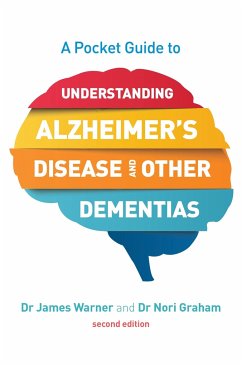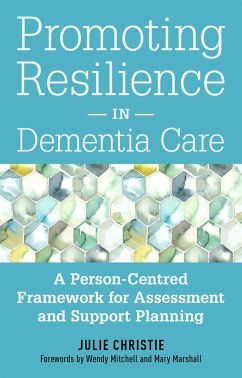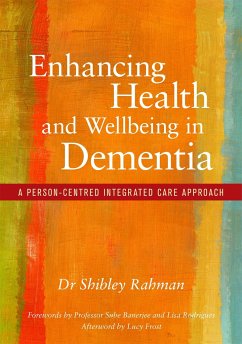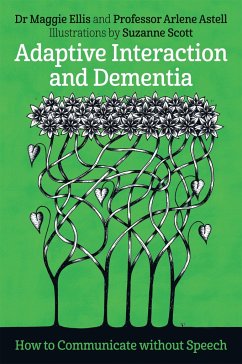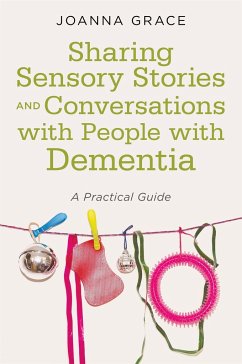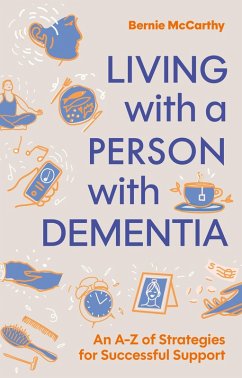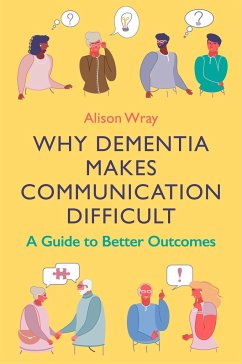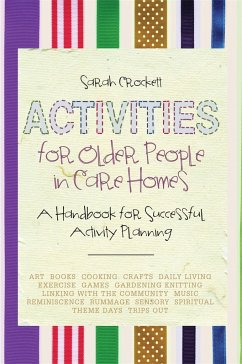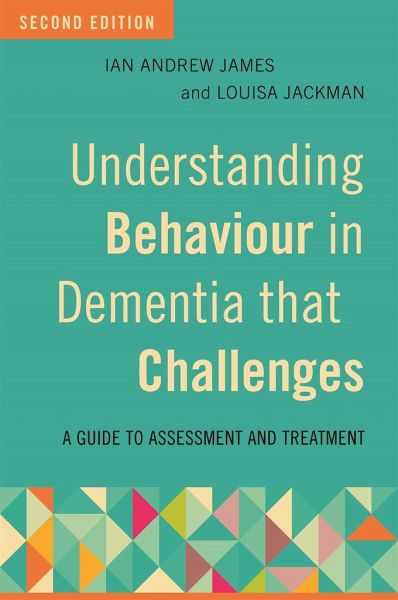
Understanding Behaviour in Dementia That Challenges, Second Edition
A Guide to Assessment and Treatment

PAYBACK Punkte
21 °P sammeln!
Recent revisions of the Newcastle Challenging Behaviour Model have prompted the second edition of this guide to assessing and treating a range of behaviours when caring for older people with dementia. New material includes the use of physical restraint during personal care, lies and deception, end of life issues, and racism towards care staff.




